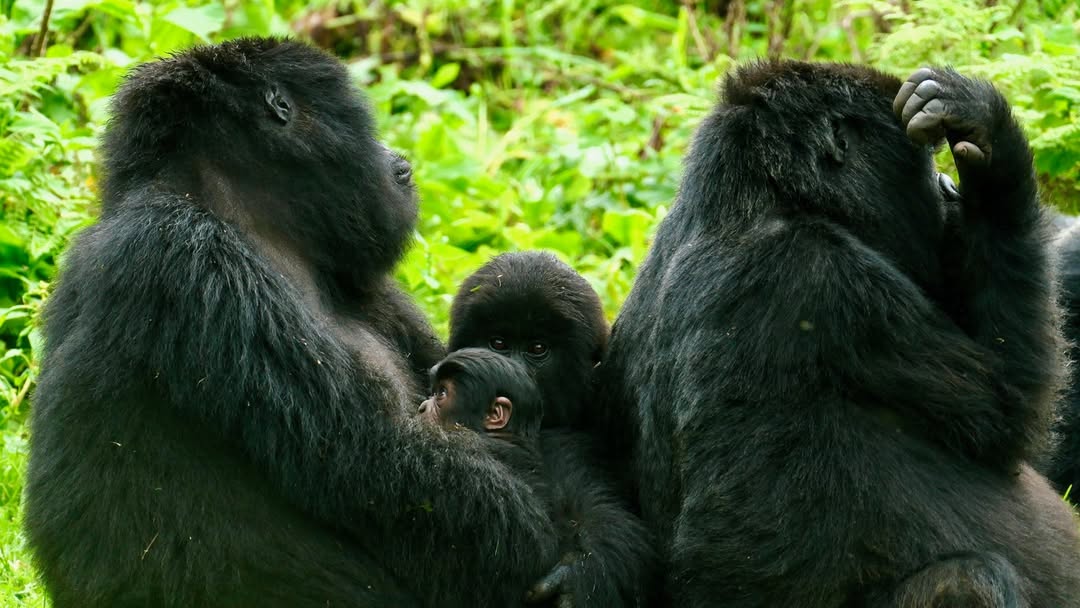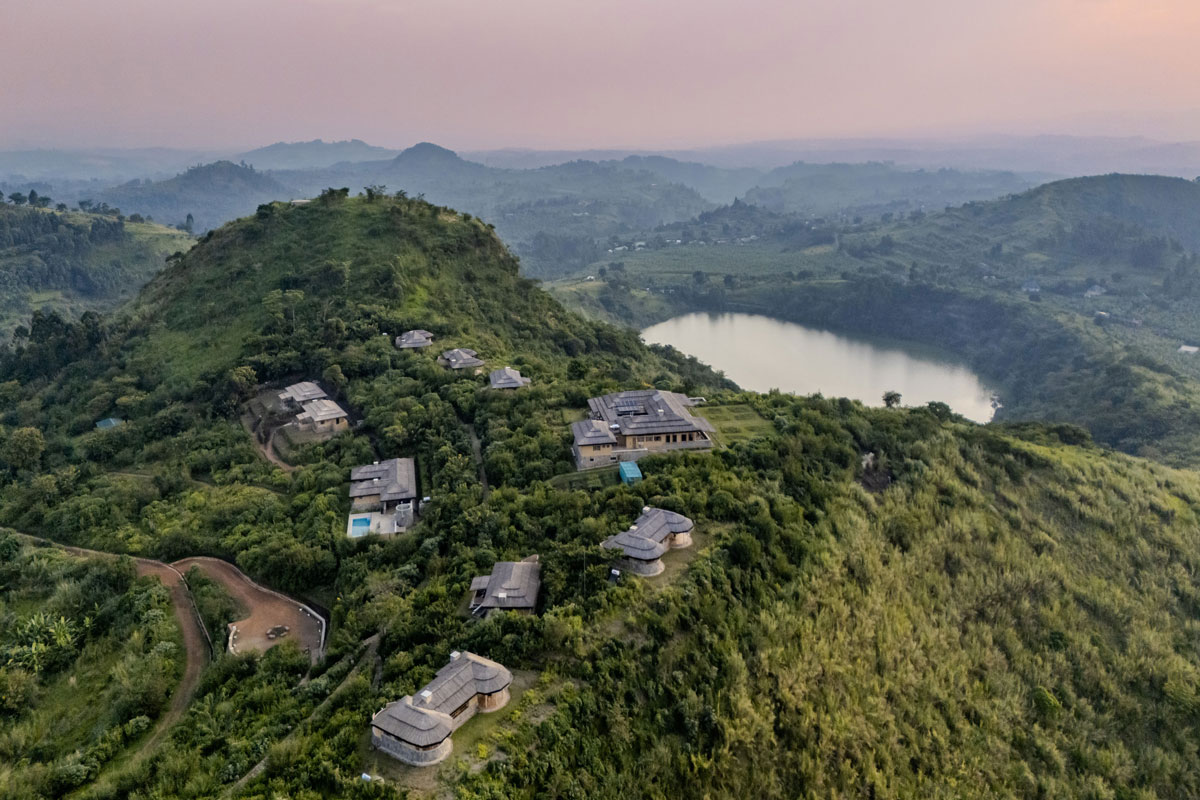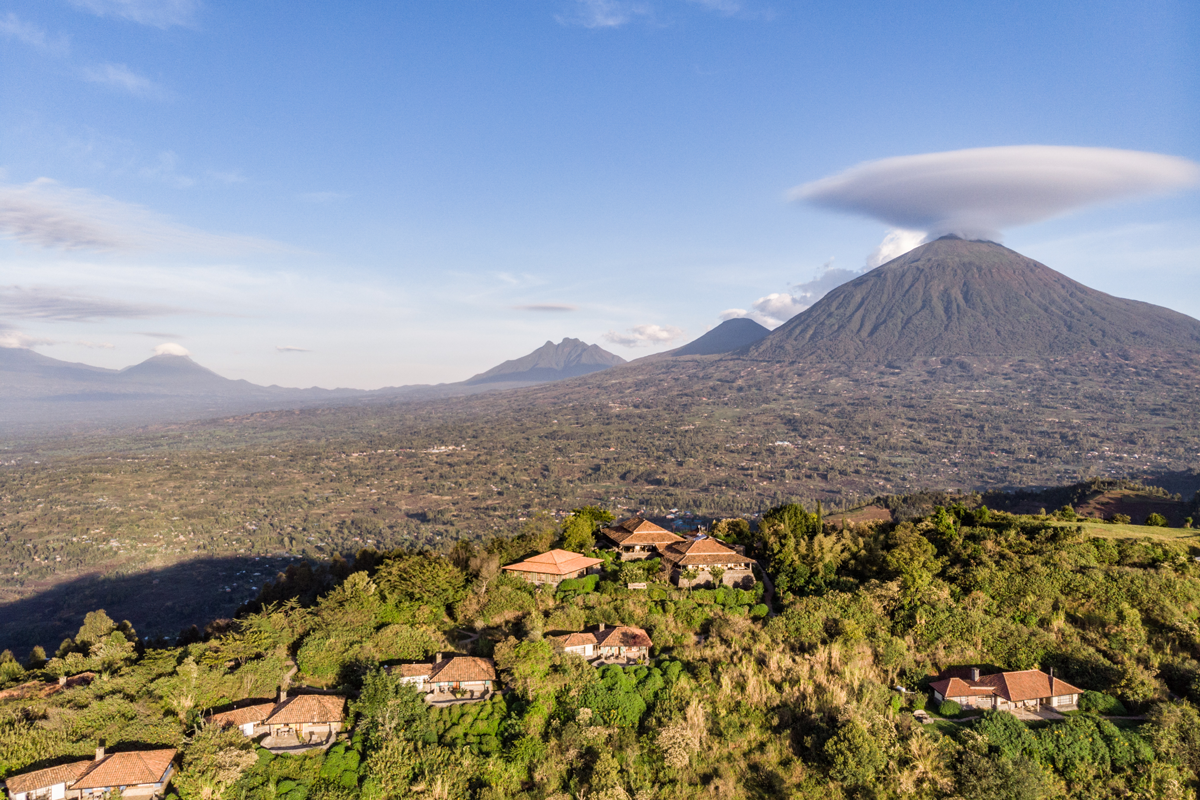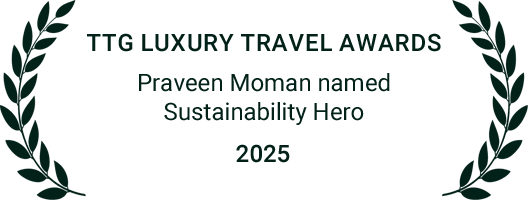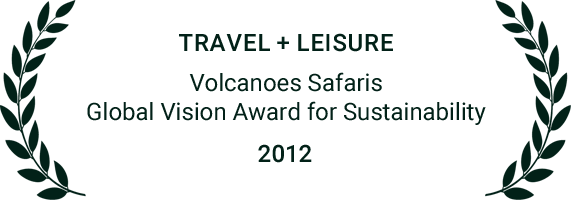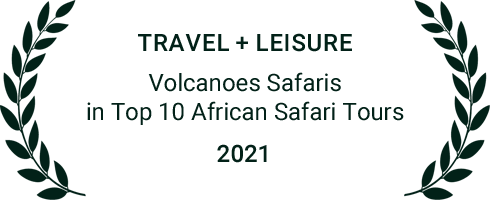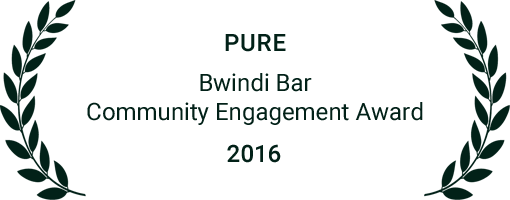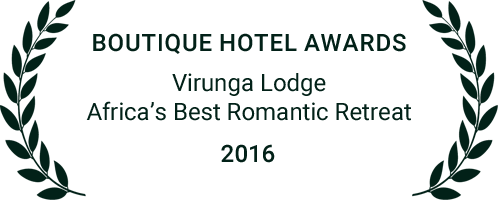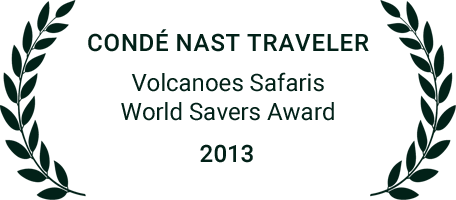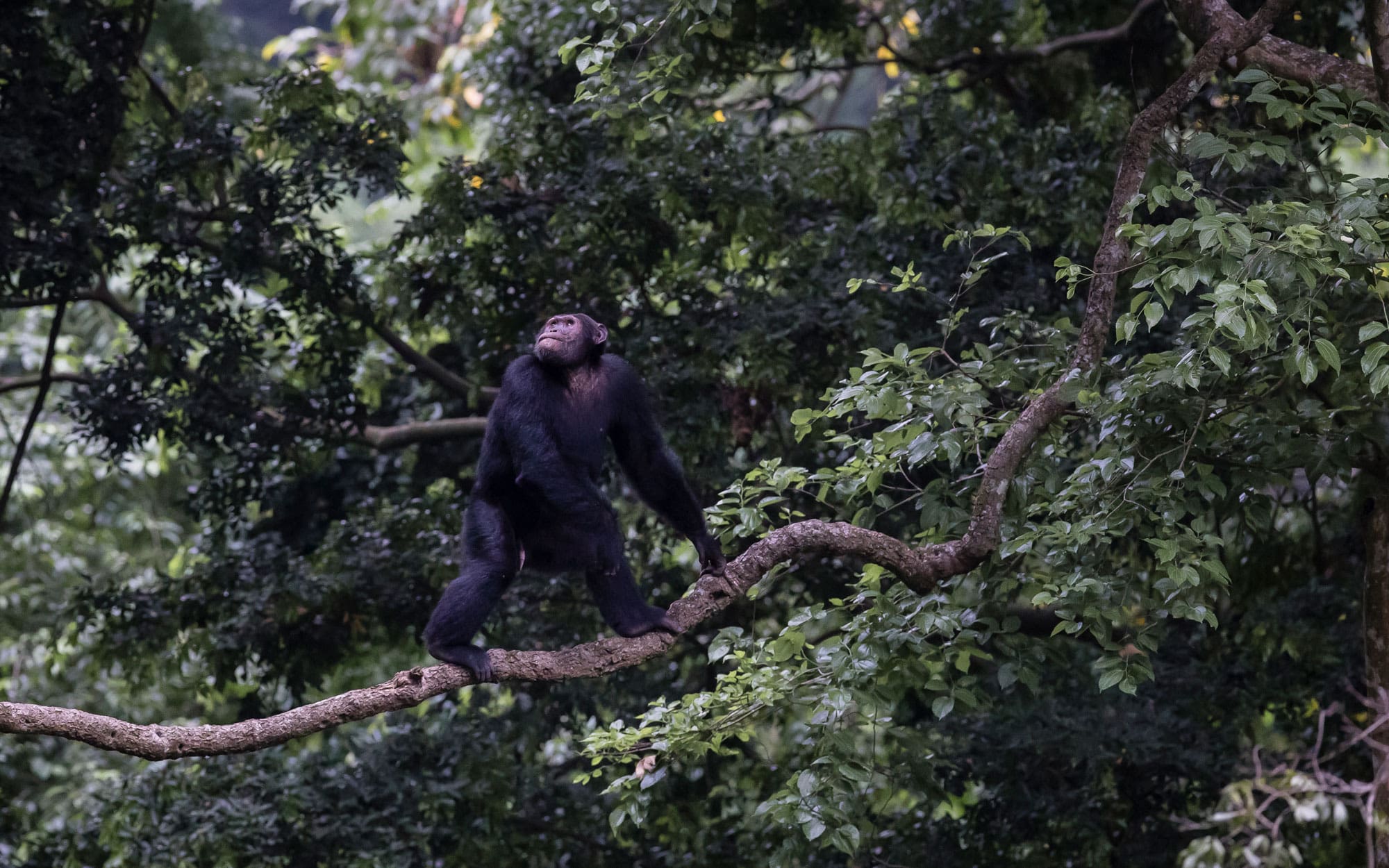The 8th annual gorilla naming ceremony - Kwita Izina - took place in Rwanda on June 16th under the umbrella theme “Sustainable Tourism for a Green Economy.” This year’s ceremony named the 17 baby gorillas born in the past 12 months, a tradition that has named about 141 baby gorillas since its inception in 2005!
This event is a welcome tradition for local Rwandese, since it highlights one of Rwanda’s main tourist attractions, while educating the public about mountain gorilla conservation.
This year’s ceremony was the central event of a new annual exhibition highlighting different projects that promote a green economy in the region. Exhibitors displayed systems that involve clean and efficient energy technology and participants were able to learn more about these environmental initiatives straight from the suppliers. Kidum, a Kenyan-based, Burundian singer as well as a popular Rwandese group, Inganzo Ngari, graced the stage to entertain participants.
Below are the Kinyarwanda names chosen for the 17 baby gorillas, and their English translations. These are the work of the Rwanda Development Board, the body responsible for overseeing conservation and tourism in Rwanda.
1. ITABAZA : Can be translated into English as “light.” As important as light is to any type of natural growth and well-being, the mountain gorillas act as a flag species in the tourism industry of Rwanda.
2. UMUDENDE : Meaning “an award of high value.” Selected to highlight that Susa deserves a valuable award for producing two sets of surviving gorilla twins. Impeta is Umudende’s twin sibling.
3. IMPETA : Means “a medal.” Trackers selected this name to signify that the Susa group should be awarded a medal thanks to their status as a well-established, habituated group.
4. ICYEZA : Meaning “extreme beauty.” Refers to the fact that the beauty of the gorillas attracts tourists to the region.
5. TURERE: Means “take care of baby,” referring to the mother’s caretaking efforts.
6. UMUTUNGO: Means “fortune.” Mountain gorillas bring good fortune to Rwanda in terms of biodiversity, conservation and tourism.
7. DUHIRWE: Means “let us be lucky.” This name was selected to wish good luck to the infant for the future.
8. TURIMBERE: The name can be translated as “we’re ahead.” The name was proposed by trackers foreseeing future protection of the mountain gorillas and their habitat.
9. IHOHO: Means “something with incomparable beauty.” This name represents how gorillas are seen in Rwanda.
10. KUNGAHARA: Means ‘’be prosperous.” This name is both a wish to the baby and Rwanda for a prosperous future.
11. KATAZA: Means “to be fast.” This baby was born into the Kwitonda family, a family with a good reproductive rate that is growing quickly.
12. ISHIMWE: Means “gratitude.” The name demonstrates the Rwandese gratitude for the plentiful mountain gorillas in the region.
13. AKARABO: This name means “flower,” and was chosen because the mountain gorillas are like a special gift given to Rwanda.
14. GIKUNDIRO: Means “likeable/sympathetic.” This baby is a member of the Hirwa family. The trackers appreciate this family for their peace behaviour.
15. IWACU: Means “our home.” This name was chosen as a tribute to the safe home of the mountain gorillas within Rwanda.
16. AMATWARA: The name can be translated as ‘’strategies.” This infant was named in recognition of the many strategies involved in mountain gorilla conservation
17. IJABO: Means ‘’dignity.’’ The name demonstrates that Rwanda is proud of being known as the home of mountain gorillas and their conservation.
At Kwita Izina 2009, Deputy CEO of the Rwanda Development Board, Rosette Rugamba stated:
The birth of every baby gorilla is an important step towards achieving the vision to ensure that mountain gorillas are no longer an endangered species but the world's best protected animals in their wild and natural surroundings.
Three years later we are celebrating the achievement of this vision through the festive celebration of tourism and conservation, working together hand-in-hand.
Did you know that all tourists visiting Rwanda at the time of Kwita Izina are invited to attend? Please contact us if you are interested in attending the event. (Dates very from year to year).
Every gorilla permit purchased on a trip with Volcanoes Safaris contributes toward the protection of Rwanda and Ugandas' national parks. Receipts from gorilla tracking permits directly benefit the surrounding communities too. In addition, Volcanoes Safaris further contribute to this vision, through a donation of $100 from each safari to The Volcanoes Safaris Partnership Trust. The VSPT is a non-profit organisation that undertakes conservation and livelihood projects in the communities adjacent to each of our eco-lodges.
Please get in touch with the Volcanoes Safaris' sales team to find out more about how to join us on safari and contribute to the conservation of great apes in the wild!
